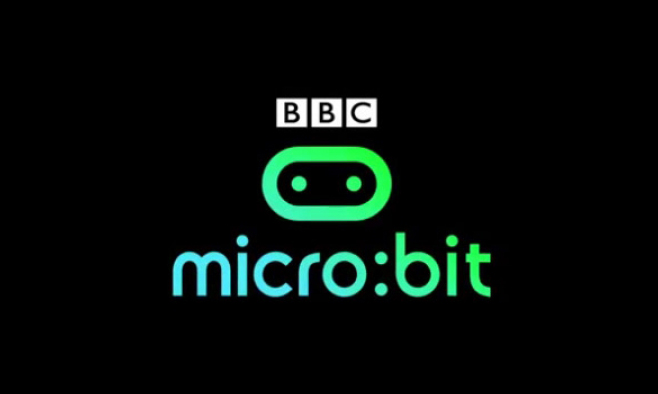Foundation aims to ship 100 million micro:bits
Micro:bit Educational Foundation may release new version of device in 2017


A new foundation wants the BBC micro:bit to reach 100 million people all around the world in the near future.
The Micro:bit Educational Foundation, set up by the BBC, ARM, the Institution of Engineering and Technology, Samsung, Microsoft and Nominet, has outlined plans to give the microcomputer to tens of millions of children in a bid to get them interested in coding.
Foundation CEO Zach Shelby, a former marketing VP at ARM, told Wired: "My vision is that we would like to reach 100 million people with micro:bit in the foreseeable future. That's not just devices, as our goal is not to sell devices as we're not a company like that."
He added: "In different countries it could be used differently. One micro:bit might be used in a classroom by ten or 20 kids. The way we use language will change from country to country. We may do mobile only in certain countries for example, Africa may be mobile only."
Initial plans include a Dutch language version of the micro:bit, while the processor now features device-to-device connections, for children to interact with other children who have the device.
In 2017, the foundation may launch a new version of the micro:bit, with additional language support and more capabilities.
The BBC, which handed over control of the device to the foundation, originally designed the micro:bit with 25 LEDs that can light up to replicate text and pictures. The devices are Bluetooth-enabled and can receive code from smartphones.
Get the ITPro daily newsletter
Sign up today and you will receive a free copy of our Future Focus 2025 report - the leading guidance on AI, cybersecurity and other IT challenges as per 700+ senior executives
Microcomputers like the micro:bit and the Raspberry Pi have seen a resurgence recently, with the latter having shipped a total 10 million devices last month.
01/06/2016: BBC micro:bit now available for parents to pre-order
The BBC's micro:bit micro computer can now be pre-ordered by the general public, with a delivery date of late July/early August.
The pint-sized computer has been designed to teach children how to code and will be available for parents and those outside the education system to buy from just 10.82. It's hoped that by offering them to others rather than just schools, parents are encouraged to code alongside their children, taking digital skills outside of the classroom.
Teachers can also buy extra micro:bits to teach children outside of year 7 skills that may not currently fit into the syllabus too, helping them cover Science, Technology, Engineering and Mathematics (STEM) in new, innovative ways.
The micro:bit was developed by 29 companies who set out to find a way to encourage children to code their own programmes and control their own peripherals. So far, a million micro:bits have shipped to year 7 pupils in secondary schools across the country, helping them complete projects designed to test their digital skills.
Their low cost means pupils can each have their own micro computer, taking them home to design games, control devices and music, for example.
The BBC's micro:bit can be purchased from Kitronik, Premier Farnell, The Pi Hut, Pimoroni, Science Scope, Element 14 and Technology Will Save Us, with each outlet offering different extras and packages. For example, Kitronik is offering a number of cases for the micro computer, a number of different driver boards and its inventor kit.
"We have seen some fantastic projects from students and teachers up and down the country since the BBC micro:bit was delivered to schools in March," said Geoff Hampson, co-founder and director of Kitronik.
"In my opinion, making the device available for schools and the public to buy will hugely expand the reach of the device, help whole families get creative with coding and be music to the ears of hobbyists who have been itching to get their hands on the device since its launch. People will now be able to pair their Arduino, Galileo, Kano, littleBits and Raspberry Pi to the BBC micro:bit which will lead to the development of all manner of creations!"
-
 Bigger salaries, more burnout: Is the CISO role in crisis?
Bigger salaries, more burnout: Is the CISO role in crisis?In-depth CISOs are more stressed than ever before – but why is this and what can be done?
By Kate O'Flaherty Published
-
 Cheap cyber crime kits can be bought on the dark web for less than $25
Cheap cyber crime kits can be bought on the dark web for less than $25News Research from NordVPN shows phishing kits are now widely available on the dark web and via messaging apps like Telegram, and are often selling for less than $25.
By Emma Woollacott Published